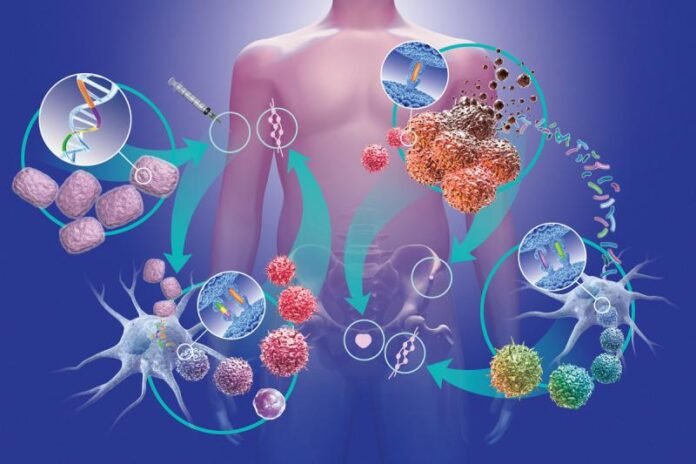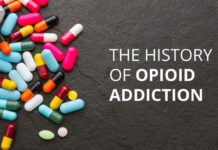A diverse class of molecules, peptides demonstrate immense promise in numerous applications, notably medication delivery. The attention they attract stems from their potential to tackle pivotal issues within the pharmaceutical industry.
These short sequences of amino acids hold serious significance and interest. Before you decide to buy peptides, take a closer look at peptide-based drug delivery systems and how they transform the way we administer therapeutic agents.
The Peptide Advantage
Peptides, composed of naturally occurring amino acids, offer several advantages in drug delivery. Their size and composition can be precisely tailored, enabling researchers to design peptides with specific properties. This flexibility is invaluable for targeting and delivering drugs to their intended sites of action. Moreover, peptides are biodegradable and well-tolerated by the human body, reducing the risk of toxicity.
Targeted Delivery
One of the most significant innovations in peptide-based drug delivery is the development of targeted delivery systems. By conjugating therapeutic agents to peptides, scientists can create drugs that specifically home in on diseased cells or tissues. This precision minimizes collateral damage to healthy cells and reduces side effects.
For instance, in cancer therapy, peptides can be designed to target cancer cell receptors, delivering cytotoxic drugs directly to the tumor while sparing healthy tissue. This can revolutionize cancer treatment by increasing efficacy and reducing the harsh side effects of conventional chemotherapy.
Peptides as Drug Carriers
An example is using cell-penetrating peptides (CPPs) to transport therapeutic molecules across the cell membrane. CPPs can overcome the natural cellular defense mechanisms and allow drugs to reach their intracellular targets, unlocking new possibilities in gene therapy and treating various genetic disorders.
Controlled Release Systems
The creation of controlled release systems is another advancement in peptide-based medication delivery. We can precisely control drug release by creating peptides to react to particular stimuli, such as changes in pH, temperature, or enzyme activity. By releasing medications at the ideal time and location, this technology maximizes their therapeutic effects.
In treating chronic conditions, peptides can be designed to release drugs slowly and consistently over an extended period, reducing the frequency of administration and improving patient compliance. This can be a game-changer for diseases like diabetes, where consistent drug delivery is crucial.
Overcoming Challenges
Peptides’ stability may be limited by their susceptibility to enzymatic breakdown within the body. Scholars are presently engaged in investigating methods to improve peptide stability, including chemical alterations and nanotechnology.
In addition, for these cutting-edge systems to be widely used, manufacturing challenges and regulatory obstacles must be resolved. The possible advantages of increased medication efficacy and fewer side effects, however, make these difficulties worthwhile to pursue as technology advances.
Conclusion
The pharmaceutical sector is at the forefront of innovation with regard to peptide-based medication delivery methods. Peptides revolutionize the way we deliver therapeutic drugs because of their accuracy, adaptability, and capacity to target particular cells or regions.
It is important to buy peptides from authorized suppliers like Lotilabs. More ground-breaking discoveries that enhance the efficacy and safety of pharmacological treatments are anticipated as this field of study develops, ultimately helping patients everywhere.
Must Read : Diamond Painting: Trends take off amidst Covid-19 Pandemic



































































